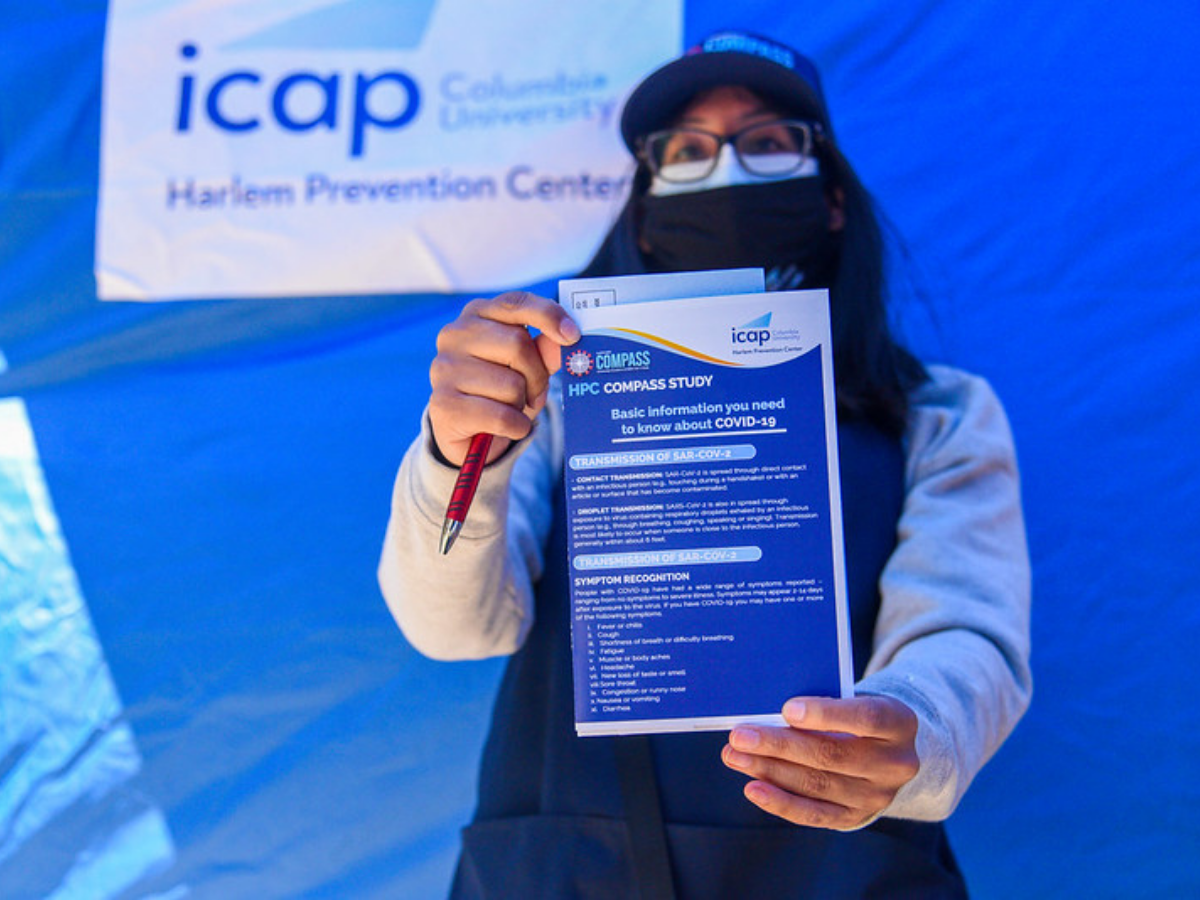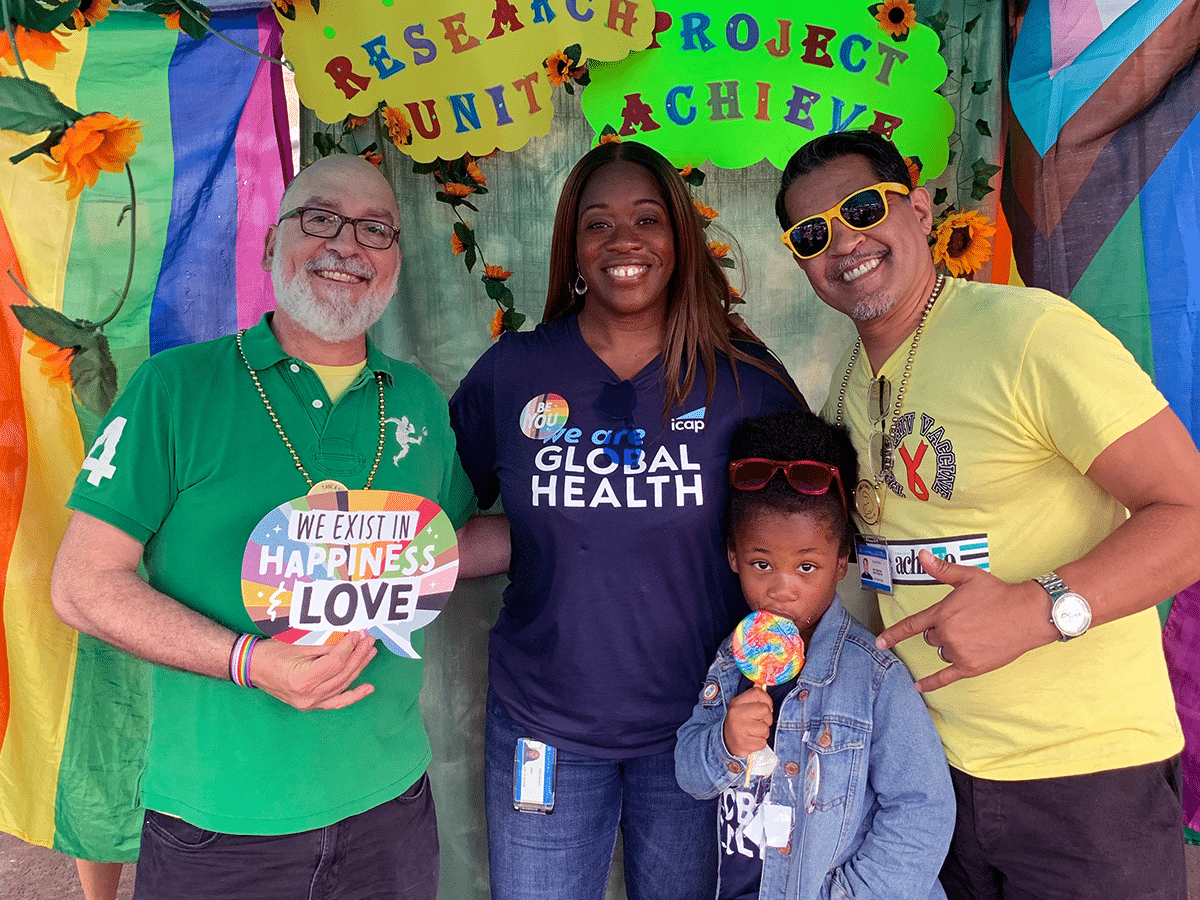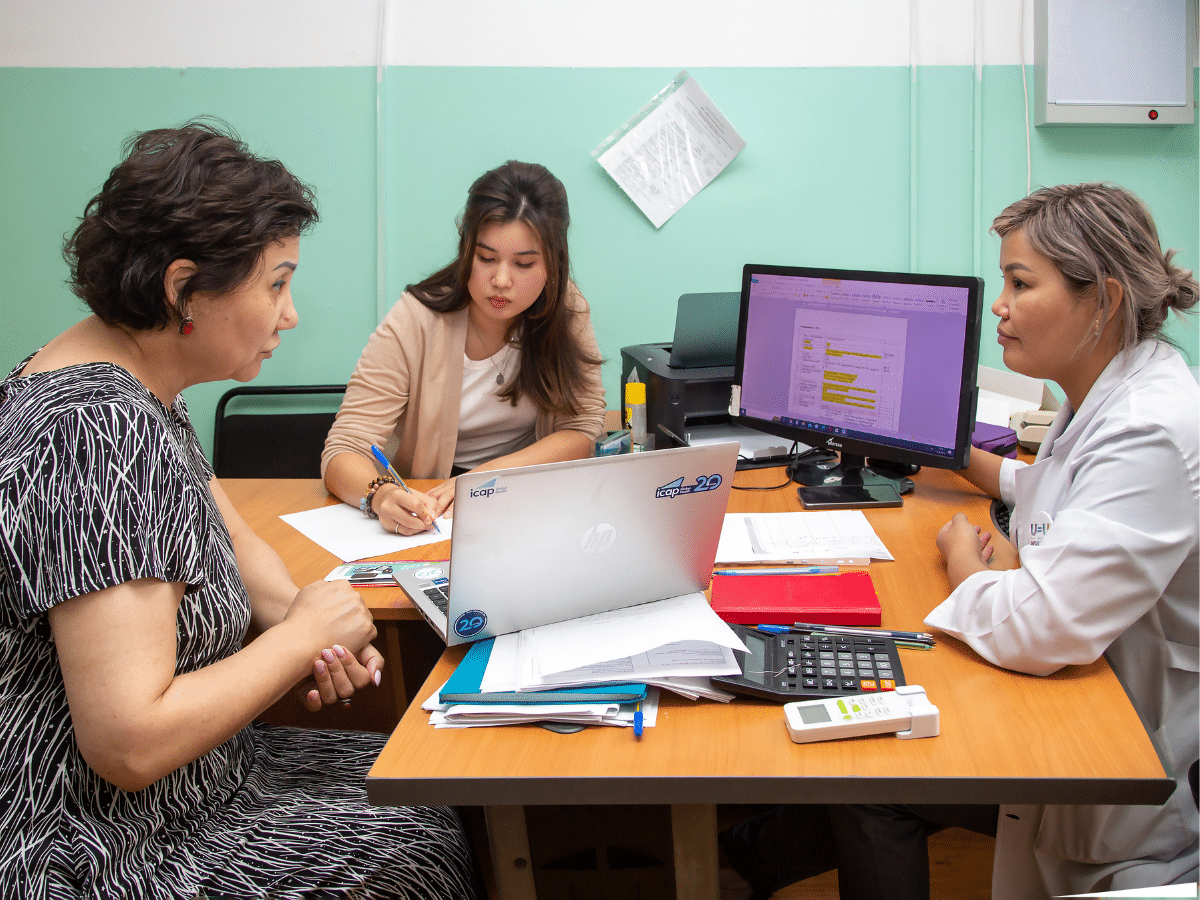A recent nationwide study shows that acquisition of COVID-19 is similar across all ages.
The Community Prevalence of SARS-CoV-2 Study (COMPASS), co-led by ICAP at Columbia University and a number of other institutions, assessed COVID-19 seroprevalence – or the presence of SARS-CoV-2 antibodies – and SARS CoV-2 PCR positivity among adults and children in 15 U.S. communities. Nearly 23,000 individuals participated in the study from January 2021 to August 2021. Of these, 9.5 percent were over the age of 18.
The combined prevalence of prior or active infection of COVID-19 varied widely by community, but the prevalence was similar – close to 13 percent – for children and adults.
“We surveyed people in community settings and found that evidence of COVID did not vary by age,” said Jessica Justman, MD, senior technical director at ICAP, “and this was true in all of the communities we analyzed. We used to think children were less likely to be infected by the virus that causes COVID-19, SARS-COV-2, but that’s not the case. While they typically have no or mild symptoms, they get infected as often as everyone else. This confirms they are clearly an important part of the transmission cycle.”
Limited studies have assessed seroprevalence in children, who have accounted for fewer diagnosed COVID-19 cases compared to adults. In addition, nearly all of the data gathered on COVID-19 case counts come from people who seek out testing, often at clinical facilities. In the COMPASS study, a diverse group of adults and children were randomly selected in communities near participating research sites and recruited at venues with high foot traffic, such as parks and supermarkets. ICAP’s Harlem and Bronx Prevention Centers both served as data collection sites.
Overall, the median combined prevalence of prior or active infection of COVID-19 was 12.9 percent for children and adults. About half of individuals positive for COVID-19 antibodies and half of PCR positive individuals reported no prior or recent COVID-19 symptoms.
Additionally, most adults reported willingness to receive a COVID-19 vaccination; however, willingness was higher among individuals above the age of 60 years, compared to those aged 18-39 or 40-59 years.
“Although the survey was conducted before the Omicron surge, the findings remain timely,” added Justman. “As the United States approaches important decisions about mask mandates and school reopening, it’s crucial we understand that individuals of all ages are equally likely to get infected.”
Findings of the study are still preliminary and subject to change. Justman presented the COMPASS findings on February 14, 2022, at the Conference on Retroviruses and Opportunistic Infections (CROI), a forum for scientists to present, discuss, and critique investigations into the epidemiology and biology of human retroviruses and diseases. Check out the interview she did post-conference with Contagion Live.
About ICAP
A major global health organization that has been improving public health in countries around the world for nearly two decades, ICAP works to transform the health of populations through innovation, science, and global collaboration. Based at Columbia Mailman School of Public Health, ICAP has projects in more than 30 countries, working side-by-side with ministries of health and local governmental, non-governmental, academic, and community partners to confront some of the world’s greatest health challenges. Through evidence-informed programs, meaningful research, tailored technical assistance, effective training and education programs, and rigorous surveillance to measure and evaluate the impact of public health interventions, ICAP aims to realize a global vision of healthy people, empowered communities, and thriving societies. Online at www.icap.columbia.edu.








